 Anti-Materials Provoking Dangerous Behaviours Bill
Anti-Materials Provoking Dangerous Behaviours Bill
From the
Bangkok Post
Last week, the Thai Cabinet submitted to the National Legislative Assembly an Anti-Materials Provoking Dangerous Behaviours
Bill.
Like the Film Act, this bill seems to have been written with such autocratic motives that threaten to violate our basic human rights.
The bill aims at curbing the making and distribution of
''sexually perverse'' and ''suicide-inducing'' materials through books, photographs, moving images, telephone as well as other electronic media.
What's disturbing is that this bill deems it a criminal offence for anyone to
possess such materials, and that to facilitate the enforcement of this law, government officials have the right to enter residences, places or vehicles suspected to contain such materials... without having to obtain a search warrant.
The law defines acts of sexual perversion as sex between three or more participants, including group sex , sexual act that employs tools or equipment that could be harmful to the body and life , sex between ancestor and
offspring , and sex with animals or corpses .
Since this country is being ruled by the military, we should study every new legislation carefully with the knowledge that the Parliament which holds the power to pass
it is not a legitimate body of elected representatives. The military, at every point in the history of mankind, has never been respected as a champion of human rights, and any law that allows state officials to enter our homes without a search warrant
sounds alarmingly Stalinist.
Such a law automatically swings open a door for the rulers to exploit it for political manipulation, to retrieve and monitor private information, all this at the expense of the people's basic
rights, including, if I may, the right to watch Debbie Does Dallas in the privacy of one's own home.
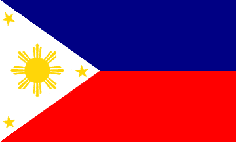 Philippines attempt to ban all sex entertainment
Philippines attempt to ban all sex entertainment 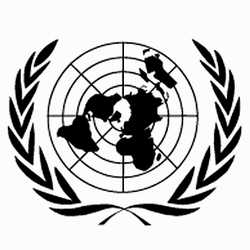 Nutters call for worldwide laws against religious defamation
Nutters call for worldwide laws against religious defamation 
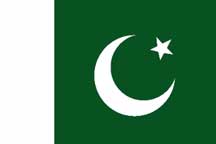 Pakistan dictates that SMS messages should be monitored and censored
Pakistan dictates that SMS messages should be monitored and censored ![Great [fire] Wall of China](images/negfoc.jpg) China have banned and blocked 20,000 websites
China have banned and blocked 20,000 websites 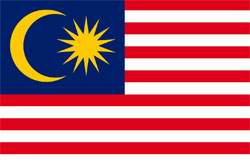 Malaysian system supposedly to monitor not censor internet
Malaysian system supposedly to monitor not censor internet 
 Chinese police on the lookout for those carrying an
offensive opinion
Chinese police on the lookout for those carrying an
offensive opinion 
 China ends anonymous blogging
China ends anonymous blogging 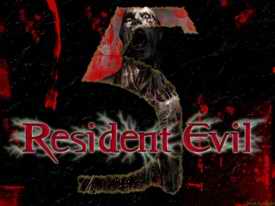 Early flak for Resident Evil 5
Early flak for Resident Evil 5 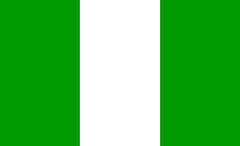 Over a single Nigerian porn clip
Over a single Nigerian porn clip  BBC World Service banned from Moscow FM
BBC World Service banned from Moscow FM  Chinese suppress news of bridge collapse
Chinese suppress news of bridge collapse 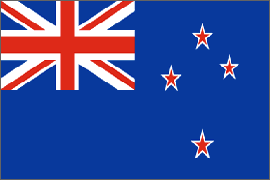 Ice Cube concert will go ahead in New Zealand
Ice Cube concert will go ahead in New Zealand 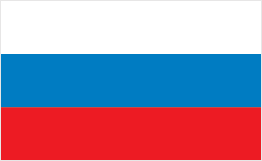 Russian targets porn
Russian targets porn 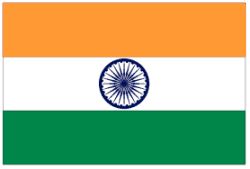 Indian police ban halt screenings of Kashmir documentary
Indian police ban halt screenings of Kashmir documentary 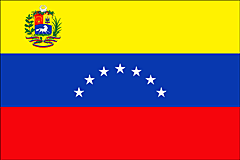 TV channel banished to cable now to be booted off cable
TV channel banished to cable now to be booted off cable 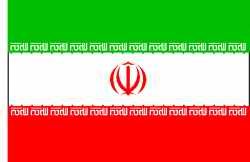 Iran group opposing repressive Iranian internet filtering
Iran group opposing repressive Iranian internet filtering 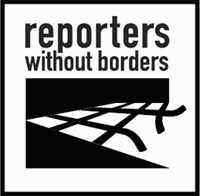 International criticism for Thai Cyber Crime Act
International criticism for Thai Cyber Crime Act 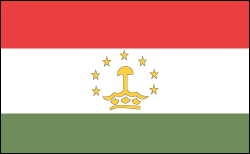 A ban of false and offensive information
A ban of false and offensive information  Anti-Materials Provoking Dangerous Behaviours Bill
Anti-Materials Provoking Dangerous Behaviours Bill 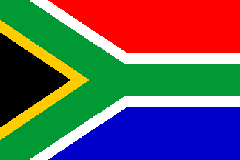 Canned South African TV documentary shown at film Festival
Canned South African TV documentary shown at film Festival 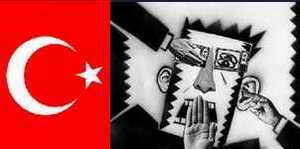 Band on trial for lyric railing at exams
Band on trial for lyric railing at exams 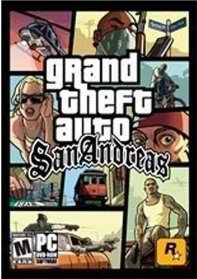 Grand Theft Auto on trial
Grand Theft Auto on trial 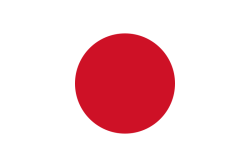 Banned in Japan
Banned in Japan 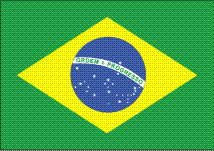 Brazilian broadcasters not keen on TV watersheds
Brazilian broadcasters not keen on TV watersheds 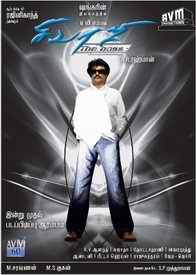 Attempt to censor Sivaji: The Boss in India
Attempt to censor Sivaji: The Boss in India 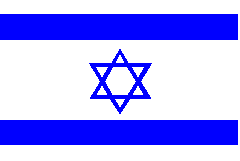 Israel to filter internet but with adult opt out available
Israel to filter internet but with adult opt out available 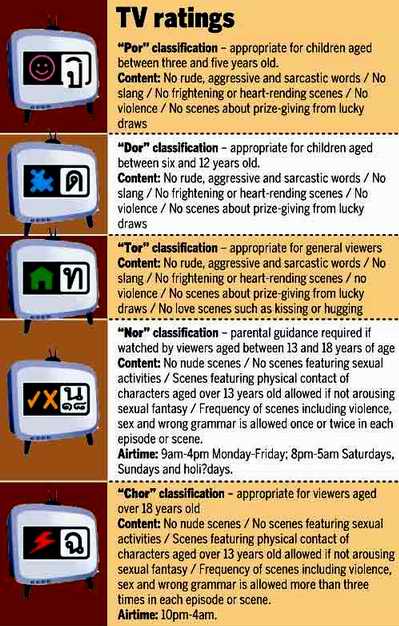 Thai Government to ban bad grammar and grown up TV
Thai Government to ban bad grammar and grown up TV 
 Russian bill to severely restrict erotic media
Russian bill to severely restrict erotic media  Iraq murder squads stake out internet cafes
Iraq murder squads stake out internet cafes 